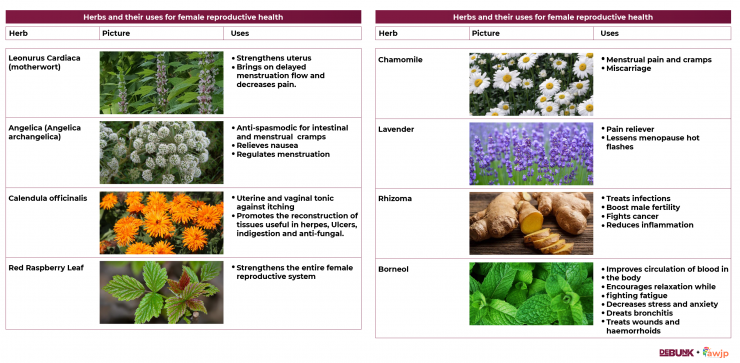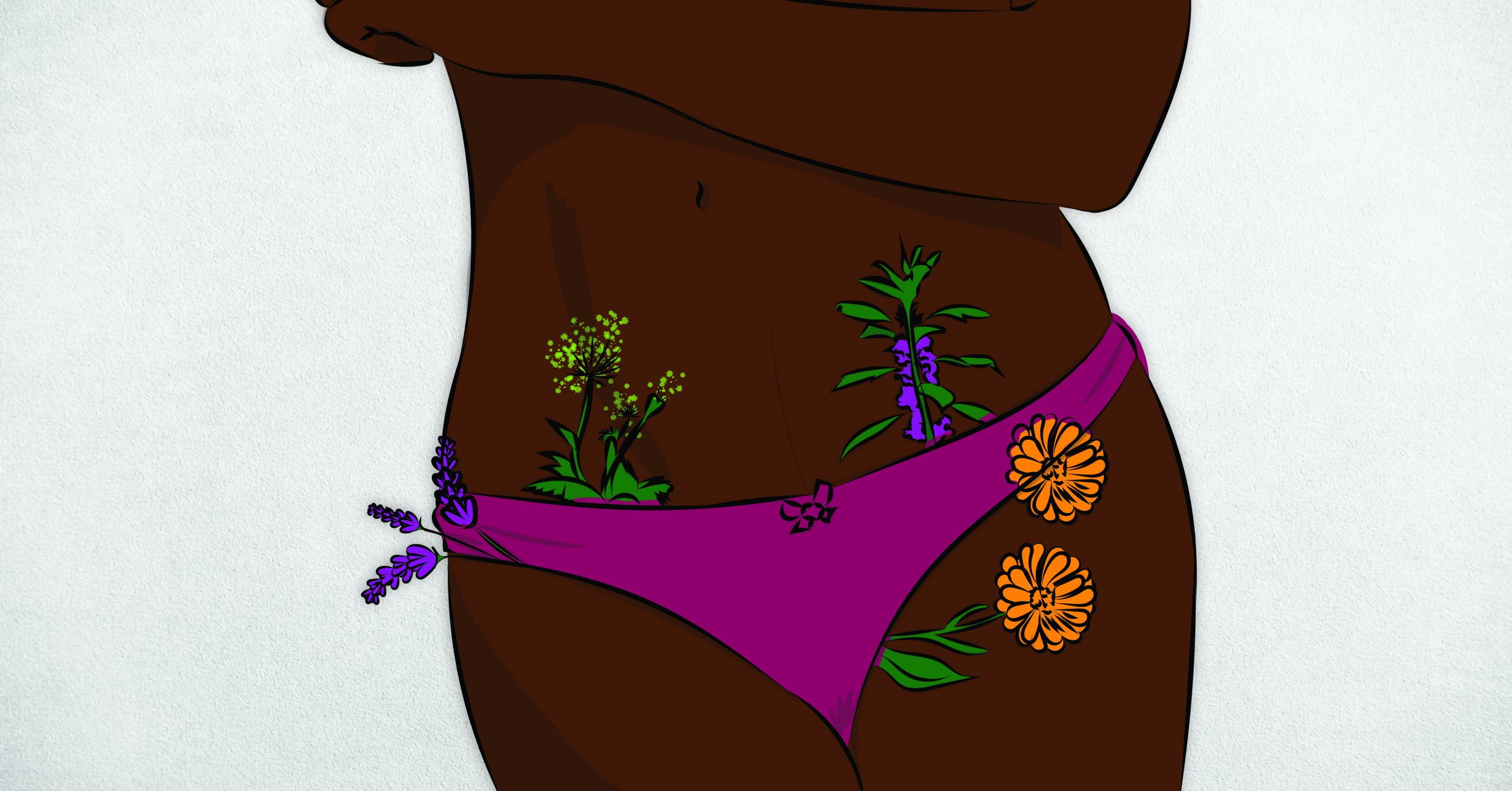Herbal and traditional medicine have been passed down from generation to generation in our African and Kenyan societies, depending on the types of plants that grew in each community’s surroundings. These remedies are used to treat a variety of ailments ranging from common colds to more serious illnesses.
Traditional medicine is defined by the World Health Organization as “the sum total of knowledge, skill, and practices based on theories, beliefs, and experiences indigenous to different cultures, whether explicable or not, used in health maintenance as well as the prevention, diagnosis, improvement, or treatment of physical and mental illness.”
There is an acknowledgment that these traditional methods could reduce hospital burdens, especially since the World Bank revealed in 2011 that 70% of Kenyans rely on traditional healers as their primary source of healthcare.
Martin Onyalo Odhiambo has been working as a herbal practitioner for the last 28 years. He also works as a lecturer and is the plant medicine program coordinator for the Trust for Indigenous Culture and Health (TICAH) at the National Museum of Kenya. His interest in traditional healing was sparked while growing up with his grandparents, who used traditional remedies to treat their community.
“With encouragement from my grandparents, I, too, began to successfully treat myself and my family members with various plant remedies whenever coughs, headaches, and chest congestions would arise,” Mr Odhiambo explained.
He hopes to “enlighten the public on how they can manage common illnesses, boost immunity, and live healthy by using locally available herbal plants in their surroundings,” according to his mission at TICAH.
Vagina myths have been passed down through generations and with digital technology, have found a new way to reach the masses. False claims are widely disseminated on social media. They rely on the taboo associated with openly discussing and sharing facts about vaginal health maintenance. They take advantage of the average social media user’s ignorance and mix facts and false claims on their pages to entice unsuspecting women to spend their money on a variety of products. Tea made from specific plants has traditionally been given to women for various vaginal ailments, and these same herbs are quoted by peddlers of fake cures on social media, blurring the line between true traditional practice and fake news.
The question is, can vaginal teas, as well as other oral foods and herbs, improve vaginal health?
Myth 1: Will eating certain foods aid in vaginal cleansing?
Certain foods can cause everything from a bad odor to a yeast infection, so it’s critical to be aware of them in order to keep your reproductive system happy and healthy. Excessive meat, dairy, and alcohol consumption can alter the pH of your vagina, resulting in an unpleasant odor.
“In general, good vaginal health is maintained by ensuring general health,” Dr Muthembwa explains. This includes a nutritious diet as well as regular exercise.
Other than during your period, it is normal for your vagina to produce clear or white secretions. This mucus is naturally produced by the cervix, the neck of the womb, and it is not always a ‘bad sign.’
According to Dr. Muthembwa, a healthy discharge, whether copious or not, has no strong odor or color and does not cause irritation or itching.
Drinking natural yoghurt and cranberry juice on a regular basis helps to keep the PH stable. Fruits cannot alter the odor of the vagina or directly affect its pH. Fruits, on the other hand, are good for your overall health and should be consumed as part of a balanced diet.
Yogurt is an excellent choice. “Because it’s a probiotic, it contributes to having healthy gut bacteria and healthy poop, but it won’t necessarily keep your pH stable.” In order for it to be stable, you must have a healthy body. So that’s the goal – to have a healthy vagina, you should have a healthy body because the vagina is a part of the body,” Dr Muthembwa explained.
The vaginal environment also contains a large number of beneficial bacteria that protect you from harmful bacteria. Yogurt contains probiotics, which boost the levels of beneficial bacteria. As a result, they aid in the prevention of yeast infections, for example.
Different plants and herbs are beneficial in treating various ailments, but the precise mechanisms by which they do so are unknown. As a result, the use of these herbs and plants should be done in consultation with a professional herbalist rather than relying on information obtained from the internet, which is rife with potential misinformation that can cause harm.
“My advice is to drink plenty of water.” Water is your ally. Plants are also included. Plants are beneficial to your health. I’ve even heard that cabbage will change the consistency of your discharge from slimy to water-like. That’s nonsense. We’ve been eating cabbage for a long time and nothing has happened. “Eat a lot of plants,” Dr Muthembwa advised. “You can drink the teas if you can afford them, but don’t expect anything magical to happen!” she warns.
Myth No. 2: Teas can make your vagina smell nice.
Yoni teas, which are made with a variety of herbs and flavors such as pineapple and kiwi, are now being promoted as aiding in vaginal cleansing and aromatherapy. A few Nairobi spas also use these concoctions to make a steam infusion that is supposed to go into the vaginal canal and provide the same benefits.
Drinking these herbal teas is said to help with “cleansing the uterus, disinfecting the vagina, getting rid of fibroids, assisting fertility, treating urinary tract infections, bacterial vaginosis, genital warts, and yeast infections.”

There is little to no scientific evidence that various herbal teas can cure diseases and infections in the vagina and female reproductive system in general. For example, this scientific review article acknowledges that chamomile is one of the oldest herbs used by mankind and has been said to help with menstrual disorders, but it calls for more research.
“Without such evidence, it will be difficult to determine whether these untested and unproven medical treatments are truly beneficial.” “It is recommended that the discriminate and proper use of chamomile preparations be safe and provide therapeutic benefits, but indiscriminate or improper use can be unsafe and harmful,” it stated.

We like tea, so it’s good.” Take whatever tea you want, but it does not guarantee that you will have better menstruation or increased fertility. Does it work like hangover tea? It’s all in your head. Dr Karen Muthembwa, a health blogger and obstetrics and gynecology resident at Kenyatta National Hospital, said, “If you believe something will work for you, it probably will.” She claims that women should not use these teas or even steam infusions to ‘detox’ their vaginas.
“Your vagina has natural lubricants to keep it clean. Simply rinsing the outer genital area with water should be all you need to keep it fresh. The ‘smell’ that you get is normal. Inserting herbs or hot liquids, or even exposing your genitals to steam for an extended period of time, could irritate or burn sensitive tissues, as well as disrupt the healthy flora that lives in your vagina,” she adds.
She advises women to drink plenty of water to keep their sweat from becoming too concentrated. She claims that douching, which involves flushing the inside of the vagina with fluid squirted from a bottle, bag, or tube, disrupts the vagina’s natural balance of microbes.
These products may cause irritation and itching, as well as an increase in the likelihood of yeast and bacterial infections in people who are susceptible to them. “If women want to clean their vulva — the external genitalia — a mild soap and warm water is fine,” she says, adding that the vagina is designed to clean itself and that using harsh products may cause more harm than good.
“Drinking tea, whether herbal or not, will not change the smell of the vagina!” explains Dr. Muthembwa.
According to Mr Odhiambo, these are some of the herbs and plants that can be used for women’s reproductive health in traditional medicine.

Mr Odhiambo describes the various ways in which each of these herbs can be consumed. Lavender can be ingested or inhaled. Rosemary can be inhaled or drunk, and Chamomile can be inhaled or drunk as well. Except for Calendula, which can be made into an ointment and applied, the rest are made into powder and drunk.
The efficacy of these herbal concoctions in the treatment of diseases and infections in the vagina and general female reproductive system has yet to be proven scientifically. Many herbs, such as chamomile, have therapeutic properties that need to be researched further because their indiscriminate or improper use can be dangerous and harmful.
“For those to be inhaled, the flowers or leaves of the plants should be boiled in a tightly covered sufuria before being removed from the fire.” “What can be inhaled is the steam from this,” Mr Odhiambo explained.
Paukwa, a website that preserves East African culture, identified some plants and herbs that have traditionally been used in Kenya to treat various ailments in a series titled #DawaZetu.
Among them is raspberry, which has been used by the Luo community to treat menstrual cramps and heavy menstrual flows in women. Pregnant women drank it as a tea on a daily basis to tone their uterine walls and control excessive bleeding during delivery.
According to a 2017 study , African traditional medicine has a promising future.
“Traditional medical practices continue to be shrouded in secrecy, with few reports or documentation of adverse reactions.” “However, when viewed in the context of service provision, increased health care coverage, economic potential, and poverty reduction, the future of African traditional medicine is bright,” it said.
This research is already underway, with organizations such as the Center for Traditional Medicine Research (CTMDR), a unit of the Kenya Medical Research Institute (KEMRI) tasked with conducting research to rationalize traditional medicine in Kenya and to ensure the quality of conventional medicine. This means that scientific research will soon catch up and define which herbs can be used safely to treat various ailments.
Until then, proceed with caution when it comes to which herbs you consume and from whom, and always consult your general doctor or gynaecologist if you have any concerns about your vaginal health.
“This article was produced by the Africa Women’s Journalism Project (AWJP) in partnership with Article 19, Meedan and the International Center for Journalists (ICFJ).”

